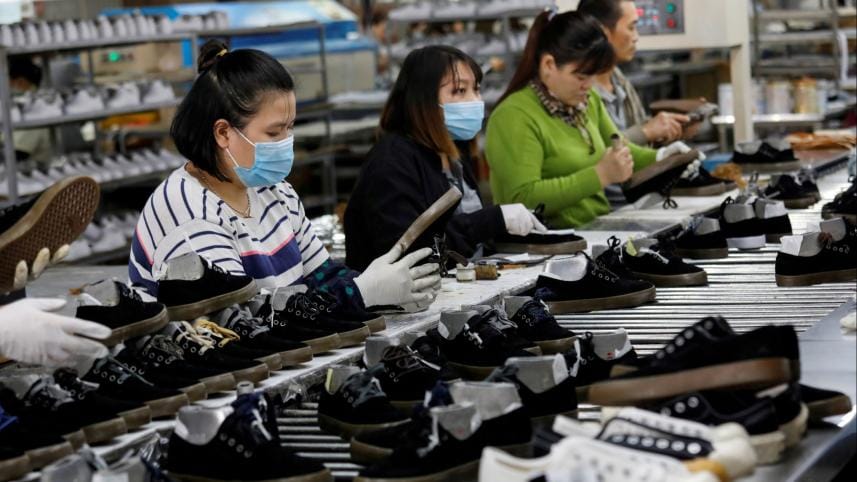Vietnam eyes China model to seek index upgrade, boost investment

Vietnam is planning to relax its stock market settlement procedures for foreign investors, a critical measure to convince equity index managers to upgrade the country to emerging market status and attract hundreds of millions of dollars of new investment, sources said.
Following a China model, Vietnam would allow brokers to vouch for foreign investors when they buy shares, a move that was seen as a progress by the FTSE index provider, and could lead to remove a regulatory hurdle that has hampered for years the upgrade of the Ho Chi Minh City Stock Exchange.
The bourse, the smallest among the main Southeast Asian economies, is now classified by both the MSCI and FTSE indices as a frontier market. That prevents many funds, investors and family offices from investing in companies listed there.
FTSE experts visited the country last week and were presented with details of the new plan to break the years-long deadlock, the people familiar with the talks said.
"Last week's meetings with FTSE were positive and could lead to a possible upgrade to the secondary emerging market status by September 2025," said Le Thi Le Hang, chief strategy officer at Vietnam's leading broker SSI, who is directly involved in the plans.
To meet that timeline, FTSE would need to announce the upgrade as early as September next year, six or twelve months before the actual promotion, according to its procedures on upgrades.
If upgraded, Vietnam would join the likes of Indonesia, Philippines, Qatar and China, moving up from the frontier index which it shares now with less advanced markets such as Sri Lanka and Kenya, and where it accounts for an unwieldy 38 percent of total capitalisation.
MULTI-MILLION-DOLLAR PIE
Under the new plan, Vietnam would adopt a mechanism to settle payments on shares transactions that could meet the key requirement from FTSE for the upgrade.
In advanced markets, investors settle transactions two days after they buy shares, but in Vietnam they are required to make the money available the same day, causing higher costs and risks to foreign investors.
To bypass the hurdle, Vietnamese authorities and brokers are devising a mechanism similar to one used in China under which securities firms would guarantee for foreign funds' payments, effectively giving them credit for the two days until transactions are completed.
They would take some risks, but they stand to benefit from the new inflows, which SSI estimates could be around $800 million from passive funds alone, assuming Vietnam's weighting in the emerging market index at 1 percent.
Active funds are estimated to have five times more investments in the FTSE emerging market, which could lead to far bigger gains for the HCMC market, which has currently a $179 billion capitalisation.
FTSE and Vietnam's market regulator, the State Securities Commission, did not reply to requests for comment.
In its latest update on Vietnam issued last month, FTSE said that while progress on planned market reforms had remained slow, a recommitment to the work required had been made by government.
"In addition, the State Securities Commission (SSC) has demonstrated renewed energy in seeking a workable solution that would remove the need for pre-funding," FTSE said.
A simultaneous upgrade from managers at the much larger MSCI index is seen as out of the question at the moment because of MSCI's stricter requirements, the sources said.
Under Vietnamese rules, banks are not allowed to offer credit to foreigners, which has barred their involvement and has complicated talks over the upgrade.
The mechanism still needs to be finalised and go through a months-long trial period while existing regulations are tweaked, the sources said.
Foreign investors need also to be consulted. They have urged China to scrap the prefunding requirement, or at least allow banks to get involved to make trades easier to transact and attract more investors.



 For all latest news, follow The Daily Star's Google News channel.
For all latest news, follow The Daily Star's Google News channel.
Comments